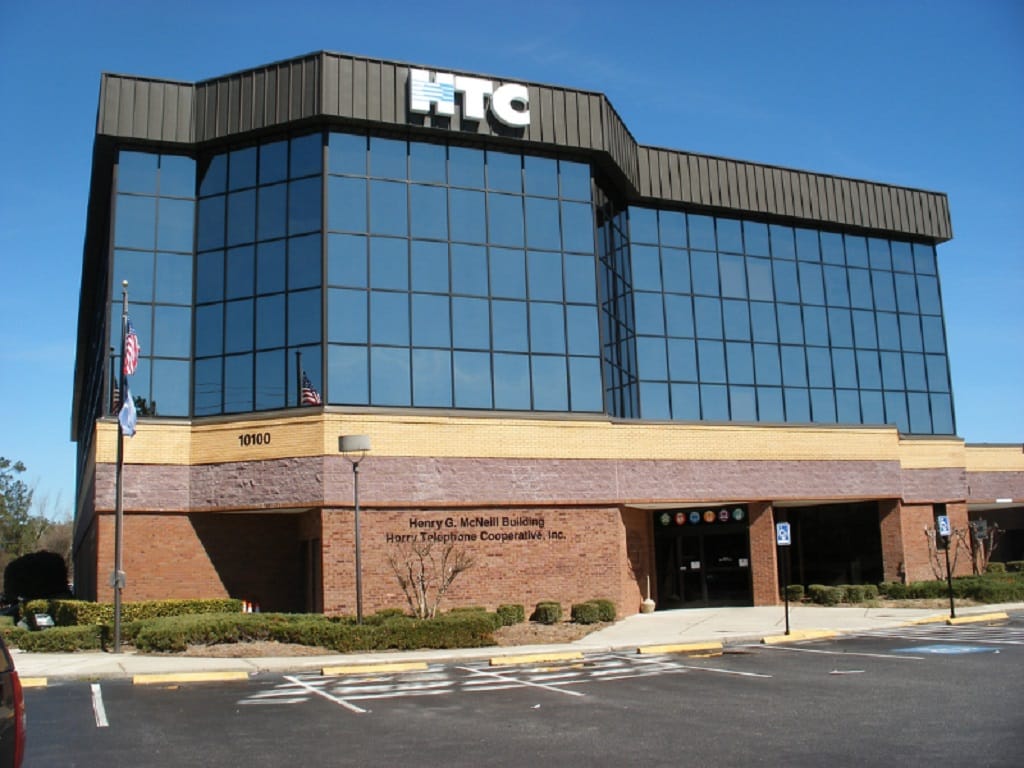Problematic ACP Qualification Standard, Macquarie Invests in Pavlov, Cogent Closes T-Mobile Wireline Deal
Horry alleges service providers are signing up customers to the ACP that don’t actually qualify.
Ahmad Hathout

May 1, 2023 – A telephone company is asking the Federal Communications Commission to drop alternative ways of verifying eligibility for the Affordable Connectivity Program after alleging customers of a service provider do not qualify using the standard verification method.
Horry Telephone Company wrote to the FCC Thursday claiming that an unnamed service provider has been signing customers onto its low-income broadband subsidy program using an alternative verification process that allegedly does not meet the stringency of the standard national verifier method. Verifications typically includes the customer being on an existing assistance program.
“The individuals HTC has encountered that have qualified for ACP with the national provider based on this list have not been able to qualify for the program through HTC via the standard National Verification process,” Horry said in the letter. “HTC has also discovered that the national provider’s customers are not required to do anything to qualify, verify eligibility, or consent to signing up.
“These factors indicate that the national provider’s Alternate Verification Process does not follow the program rules of being at least as stringent as the National Verifier process and as a result, a customer’s eligibility for ACP is dependent upon which provider they utilize,” it added.
Horry, which participates in the ACP, said allowing these providers to use an alternative verification method opens the program up to abuse and puts smaller providers at a disadvantage. The ACP program has been identified as a program that can help smaller providers build in remote areas.
It added that because the pandemic emergency period is over, all providers should be required to use the national verifier.
The company also alleges that “rogue” sales agents are selling customers on services with the promise that they can apply a promotion, which is not labelled as an ACP discount. Once the customer signs up, they are only then told that they must qualify for the ACP.
“If ACP continues into the future, HTC ask that providers, and their employees, be prohibited from misrepresenting ACP to close a sale,” Horry said.
The ACP has already been used for fraudulent enrollment practices, Office of the Inspector General said in a report last year. In that report, the FCC watchdog noted that service providers were enrolling multiple households on a single qualifying person’s information.
The ACP’s predecessor, the Emergency Broadband Benefit, has also been found by the watchdog to have been the subject of alleged abuse, fraud and waste when providers were signing up more students than exist at certain schools.
Observers have been pressing for the $14.2 billion program, which has more than 17 million subscribers, to be extended for the long-term. The FCC has set up outreach programs to assist in getting millions more on the program. The program provides a subsidy of up to $30 and $75 per month on tribal lands for broadband connections and a one-time $100 subsidy for a device.
Macquarie invests in Pavlov Media for MDU broadband
Large infrastructure investment firm Macquarie Asset Management announced Friday it has made an investment in Pavlov Media, a fiber provider to off-campus student housing units.
“The Fund’s investment will allow Pavlov Media to continue the construction of fiber infrastructure in existing and new markets, expand the company’s [multi-dwelling unit] market presence and accelerate Pavlov Media’s fiber-to-the-home initiatives, which are focused on locations around its core markets,” according to a Friday press release.
The investment details are not disclosed.
Founded in 1994, Pavlov Media primarily provides broadband to approximately 800 MDUs across 150 markets in the United States and Canada, according to a press release.
“We believe that the combination of Pavlov Media’s highly contracted base business and its significant growth potential represents a unique opportunity to invest in the rapidly growing consumer fiber sector,” said Karl Kuchel, CEO of Macquarie Infrastructure Partners, in the release. “We look forward to partnering with the Pavlov Media management team to support the future growth of the business.”
Cogent closes acquisition of T-Mobile wireline business
Cogent Communications said Monday that it has closed its previously announced acquisition of T-Mobile’s wireline business.
T-Mobile acquired Sprint in 2020 and began focusing on its wireless business. In September, it agreed to sell its wireline business to Cogent, which sees the transfer of Sprint’s legacy wireline network, a customer base and employees.
Cogent said the assets would serve as a complement and would replace a network it had been leasing.









Member discussion